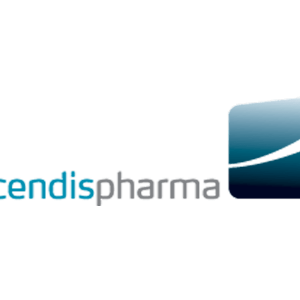Ascendis to Start Phase 1 Study of PAH Treatment

 Ascendis Pharma A/S is beginning its phase 1 single ascending dose study on healthy participants to evaluate a potential treatment for pulmonary arterial hypertension (PAH) called TransCon Treprostinil, as announced in a press release. The investigational therapy is one of a few promising drug candidates in the clinical stage biotechnology company’s portfolio, all of which use its novel TransCon technology to respond to the needs of patients who have diseases for which there is no cure, such as PAH.
Ascendis Pharma A/S is beginning its phase 1 single ascending dose study on healthy participants to evaluate a potential treatment for pulmonary arterial hypertension (PAH) called TransCon Treprostinil, as announced in a press release. The investigational therapy is one of a few promising drug candidates in the clinical stage biotechnology company’s portfolio, all of which use its novel TransCon technology to respond to the needs of patients who have diseases for which there is no cure, such as PAH.
TransCon Treprostinil is an inert prodrug developed by Ascendis with the purpose of allowing continued delivery of unmodified treprostinil to PAH patients through a once-a-day subcutaneous injection. The phase 1 study, which is a single ascending dose study, was designed to assess the therapy’s pharmacokinetics, injection tolerability, and safety parameters.
[adrotate group=”4″]
The company has enrolled in this phase of the study only healthy volunteers, and plans to report its findings by the middle of this year. Within the phase 1 study, Ascendis expects to show that TransCon Treprostinil has a pharmacokinetic profile similar to continuously infused prostacyclins, while the former is more convenient for patient administration, since there is no infusion site pain associated with the drug and bloodstream infection risks related to continued use of infused prostacyclin therapies are low.
“The initiation of this Phase 1 study for our second wholly-owned clinical program is an important milestone for Ascendis,” said the president and chief executive officer of Ascendis Pharma, Jan Mikkelsen. “Our clinical stage pipeline is now composed of long-acting TransCon prodrugs that incorporate both small molecules and proteins, demonstrating the broader potential of the TransCon technology platform.”
[adrotate group=”3″]
Ascendis utilizes its innovative TransCon technology, which combines the benefits of prodrug and sustained release technologies, to develop novel therapeutics focused on addressing unmet needs in the medical field. In addition, TransCon can also be applied to already available drugs, such as proteins, peptides and small molecules, to design prodrugs able to offer predictable and sustained release of an unmodified parent drug.







